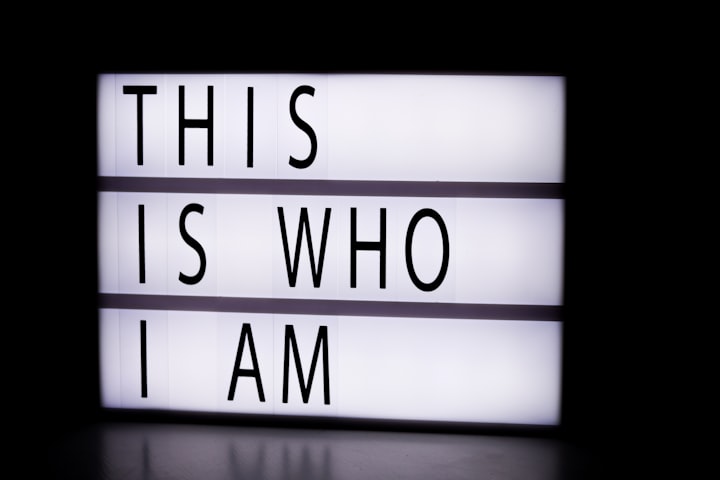
Have you ever felt unrecognizable to yourself? Or wondered who that person was that lived life so fearlessly but who is now so cautious and filled with fear and anxiety? I’m here to let you know that you are not alone. Dissociation is a trauma response that manifests in either flight or freeze, and to combat the trauma, the only options are to escape into a new life or a new persona.
I have used dissociation to escape myself many times but now I’m finally becoming more aware of my triggers and how trauma impacts this phenomena. DPDR is something I have also experienced where I have lost track of time, not known what day it was, wasn’t in my body… It was a very overwhelming time for me, not recognizing myself and not being able to piece together what got me here. Laying in bed for months like a vegetable (vegetative state) waiting for my limbs to fall off or to be rendered useless.
I was texting with someone in crisis who introduced the term “maladaptive daydreaming” to me and after looking it up and listening to their symptoms, I realized that I have done this many times before. It usually happens right before I wake up, in the “theta” brainwaves where I appear to be dreaming but I’m in fact solving dilemmas that once actively conscious, helps me to start my day on a good note. As someone who dissociates due to trauma and PTSD, I actually look forward to maladaptive daydreaming, I feel safe there, with my thoughts. My reality seems more manageable there when it’s all playing out in my head.
So, do I know who I am? I try to remember who I was as a child, those memories feel like stories out of a storybook. This is where my dissociation began. How else would I escape my reality that was too much to understand? As a child, you don’t understand why a Mother seems to always be in distress and you definitely do not understand why you need to save people’s lives with the ministry and what’s being taught in Bible studies. What about play? I created a fantasy world that allowed me to be a child, filled with discovery and exploration of nature and wild life. My dog was my best friend… My childhood feels like me existing without the influence of the humans around me. Every now and again, my Father makes an appearance, with a big bright smile or some dancing moves. He was the happiest person in my world, as a child. When I lost what we had, after their separation which later became their divorce… With the nature of it all, a need developed within me to protect myself and that need was dissociation.
I settled into my new character… She even dressed differently in fifth grade. She went from wearing uniforms at private school in the Caribbean, to wearing polo shirts with long skirts, socks and dress shoes (maryjanes) What was my Mother thinking? It was so difficult for me to run around and play sports which was my favorite thing to do back home. I stood out like a sore thumb. I don’t remember the children, no faces come to mind, my only memory was that new uniform my Mother tried to have me wear and running around at recess with dress shoes on.
Dissociative amnesia has me looking back at the me I was with each traumatic departing of the former me, who was someone else in a former way of life. Was I just adaptable? A chameleon? Comfortable with change? Was this just a normal part of growing up? The resiliency of children to roll with the punches?
The me who moved out at 20, who got tattooed at 21, who danced all night at dance parties around town, who didn’t question a thing… Who threw caution to the wind… Who would she become? I racked up $15,000 in debt, lived alone, held down a job… My first taste of independence… The way I moved in and out of the many anchors of my life that had I stayed attached to, would’ve severely debilitated me as a person and the growth that I continue to experience now well into adulthood.
The mind is a beautiful, complexed mechanism that we do well to get to know the inner workings of what makes us who we are. We are not our thoughts and sometimes not even our actions, we are however our why. The underlying reasons for our defense mechanisms and for our trauma responses are an integral part of decoding and deciphering identity.
About the Creator
Leah Ella
Caribbean-American(she/her)+Actor+Life Coach student.
Welcome! Get to know me here:
Peer Support Facilitator- https://sharewellnow.com/profile/Elle111
Hear my words, Authenticity Podcast- https://anchor.fm/leah-armour2






Comments
There are no comments for this story
Be the first to respond and start the conversation.